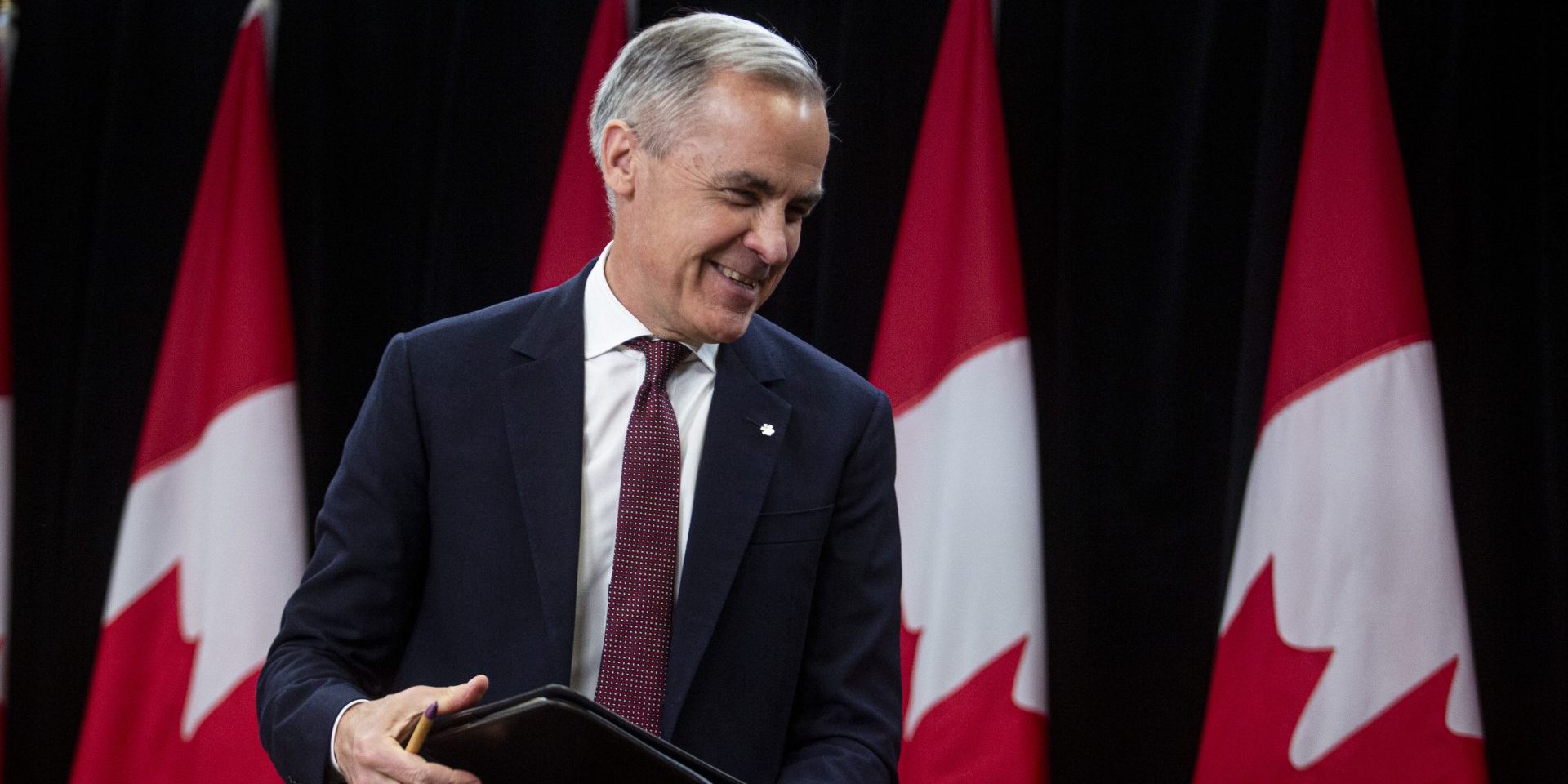
Carney announces a streamlined cabinet and a new course for Canada’s economy
Prime Minister Carney of Canada has announced a simplified cabinet, redefining ties with the United States and promising a new economic course.
Redefining Canada’s economic and security relationship with the United States is a commitment made by Canadian Prime Minister Mark Carney, who has revealed a new cabinet.
Following his election victory last month, where he ran on a platform of opposing US President Donald Trump, the statement was made.
Carney has cut the number of ministers from the 39 that Justin Trudeau, his predecessor, nominated to 29.
But he kept important people like Dominic LeBlanc, who is still in charge of US trade, and Finance Minister François-Philippe Champagne. The four-year Foreign Affairs Minister Melanie Joly has been relegated to the Industry ministry, and Anita Anand has been appointed Foreign Affairs Minister in a significant overhaul.
In a statement, Carney’s office stated that the new government was chosen by Canadians with the “strong mandate to define a new economic and security relationship with the United States and to build a stronger economy.” “With determination and urgency, this committed team will carry out this change mandate.”
During their last meeting in Washington, Carney was unable to get President Trump to lift the tariffs on Canadian products.
Since then, he has maintained that in order to lower public spending, remove internal trade obstacles, and lessen Canada’s economic dependency on the US, massive investments are required.
The Canadian Chamber of Commerce’s Matthew Holmes, policy chief, praised the focus on economic reform. He stated that he was willing to work with the new administration on trade diversification and regulatory reform, saying that “the business of government must be business at the moment.”
Tim Hodgson, a former Goldman Sachs banker, was appointed Natural Resources Minister in place of Jonathan Wilkinson, one of the most notable changes in the new cabinet.
Chrystia Freeland, who quit as minister of finance last December, is still the minister of internal trade and transportation. Carney also named ten secretary of state juniors.
A tax decrease and the elimination of all trade restrictions among Canada’s ten provinces by July 1st are also among Carney’s immediate priorities. Additional expenditure of almost C$130 billion is part of his government’s economic plan for the next four years. The deficit is expected to increase to C\$62.3 billion by 2025–2026, which is much more than the C$42.2 billion predicted in December.
In a decision criticized by the Teamsters union as perplexing and worrisome, the Prime Minister also eliminated the position of Labour Minister and substituted a Secretary of State for Labour.
According to Christopher Monette, a union spokeswoman, “it suggests the Carney government is underestimating the scale of the challenges facing Canadian workers.”
The previous Trudeau administration saw a number of significant labor issues in Canada, including strikes by postal, railroad, and port workers that necessitated government action.
Concerns about the incoming government’s approach to future labor issues have been raised by the shift in the labor portfolio.
All Categories
Recent Posts
Salah has the potential to repeat Premier League history
Mokwana creates history in Tunisia
Tags
+13162306000
zoneyetu@yahoo.com



